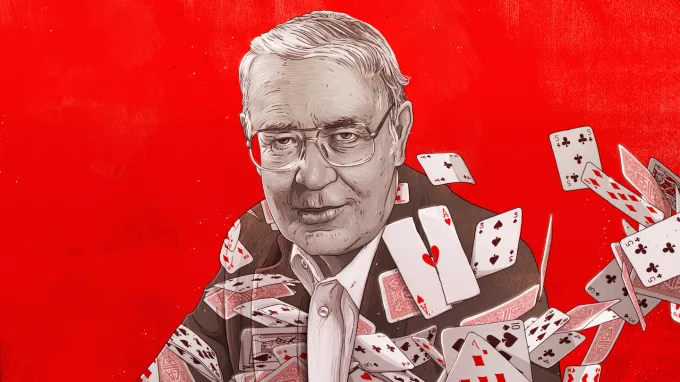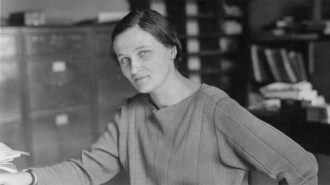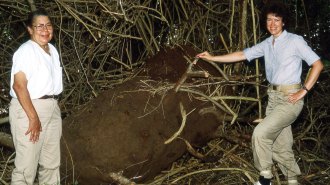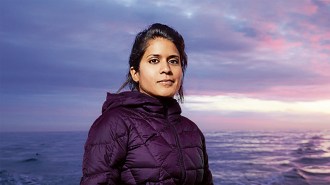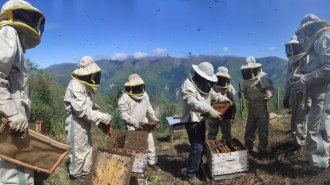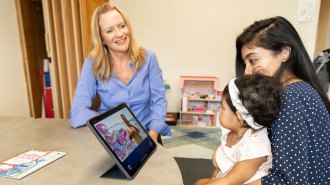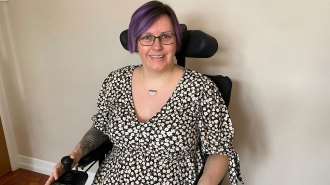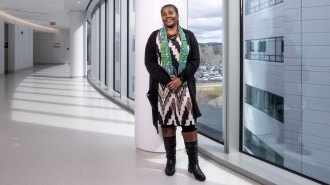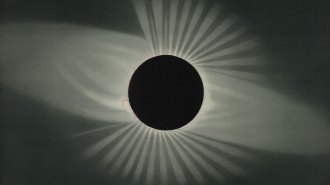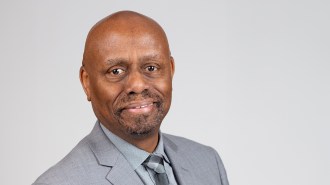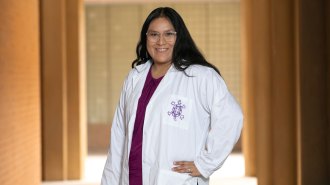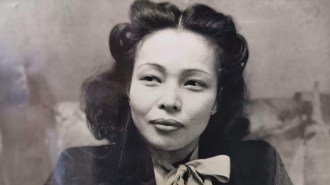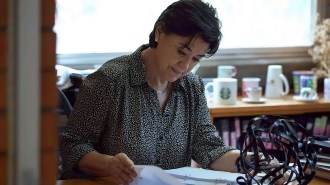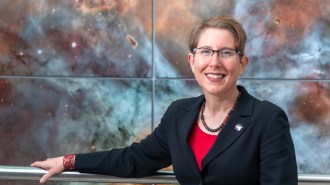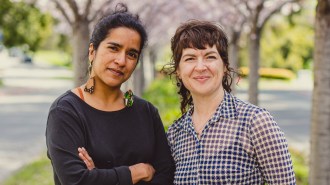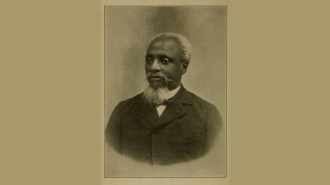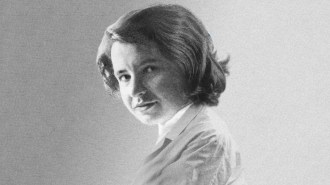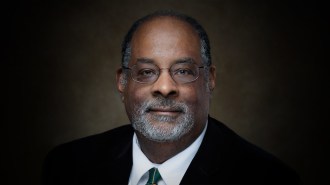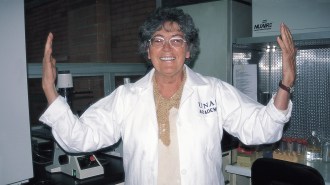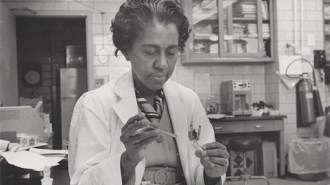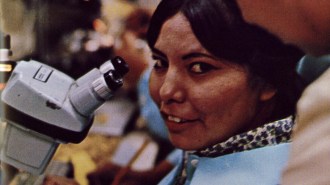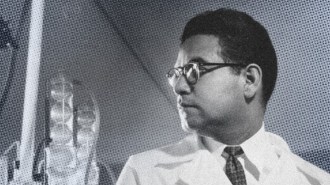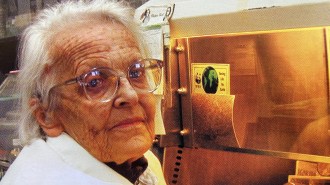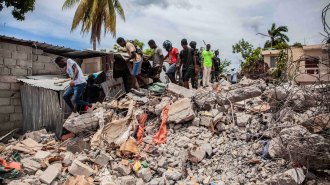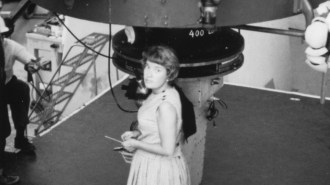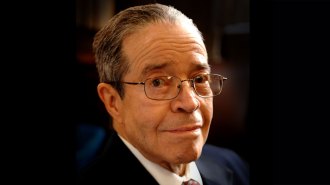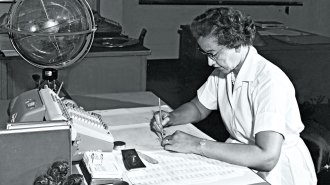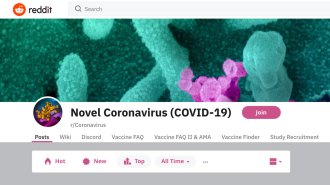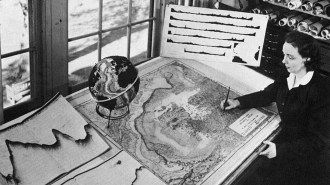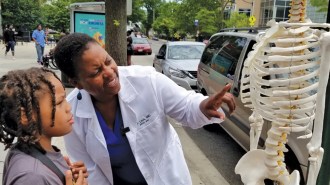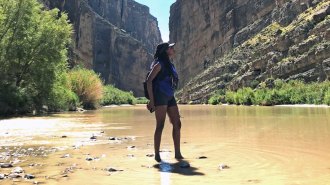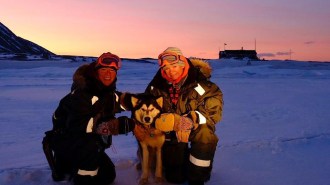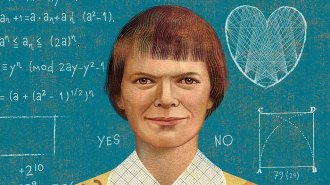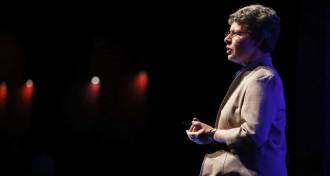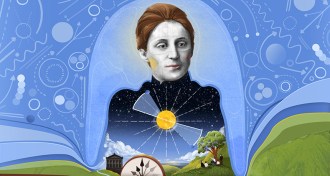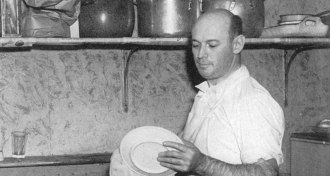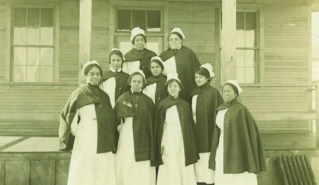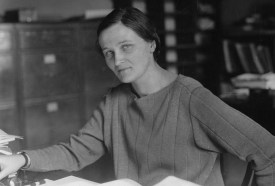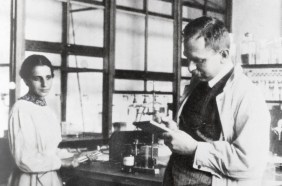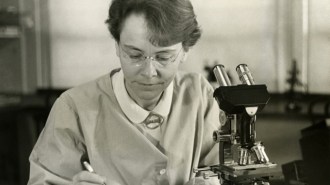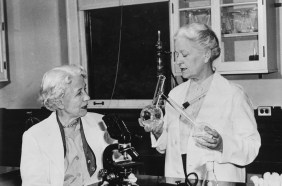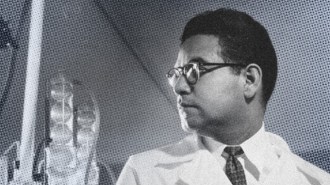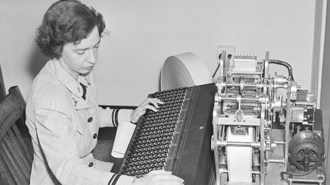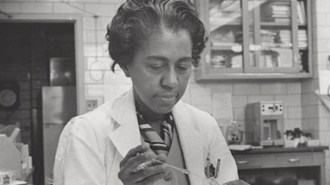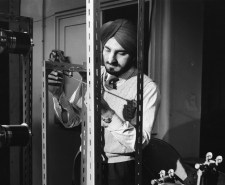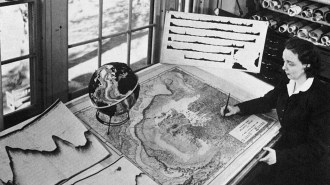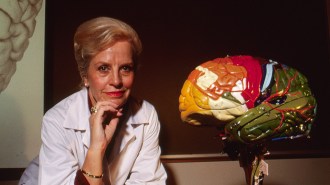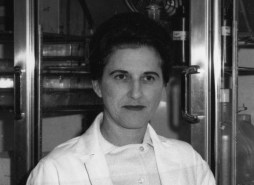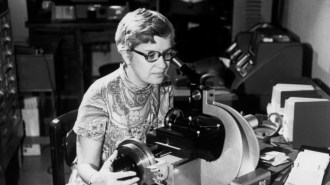
Granger Collection
Summary
Science is not just a story about discoveries; it’s also a story about people. Their passions, preferences, insights and determination shape scientific progress.
Some win awards for their work — Nobels, Lasker Awards, the Breakthrough Prize. But even among the prizewinners, very few receive widespread public acclaim. Scientific celebrity is rare. More often, scientists toil away, recognized by their peers but not many others. And in too many cases, the names of those who made important contributions are dropped from the discoveries they made possible.
This collection highlights scientists who deserve to be better known — some of them went unrecognized at the time of their work, while others have been forgotten by the passage of time. There’s a focus on people who have accomplished great things despite the barriers of sexism and racism. But we’ve also included amateur and citizen scientists who have contributed new ideas and essential data, researchers who take on the seemingly thankless task of communicating science in an age of disinformation, and those who are pushing to make science more inclusive. This collection will grow with time — there are many more stories to tell.
Spotlights
As gambling addiction spreads, one scientist’s work reveals timely insights
Psychiatrist Robert Custer spent his life convincing doctors that compulsive gambling was not an impulse control problem. Today, his research is foundational for diagnosis and treatment.
How a Harvard maverick forever changed our concept of the stars
At just 25, Cecilia Payne-Gaposchkin applied quantum physics to a treasure trove of astronomical observations to show that stars are mostly hydrogen and helium.
This ‘hidden figure’ of entomology fought for civil rights
Margaret S. Collins, the first Black American female entomologist to earn a Ph.D., overcame sexism and racism to become a termite expert.
This marine biologist discovered a unique blue whale population in Sri Lanka
In addition to studying the world’s only nonmigratory blue whales, marine biologist Asha de Vos seeks to change her compatriots’ attitudes toward the ocean.
Ximena Velez-Liendo is saving Andean bears with honey
By training beekeepers, biologist Ximena Velez-Liendo is helping rural agricultural communities of southern Bolivia coexist with Andean bears.
Rain Bosworth studies how deaf children experience the world
Deaf experimental psychologist Rain Bosworth has found that babies are primed to learn sign language just like spoken language.
Aimee Grant investigates the needs of autistic people
The public health researcher focuses on what kinds of support people with autism need rather than on treating the condition as a disease to cure.
Protein whisperer Oluwatoyin Asojo fights neglected diseases
Oluwatoyin Asojo’s work on hookworm protein structures have contributed to a vaccine being tested in people.
How a 19th century astronomer can help you watch the total solar eclipse
Astronomer Maria Mitchell’s observations of total solar eclipses from more than 100 years ago hold tips that are still relevant for watching an eclipse.
Physicist Sekazi Mtingwa considers himself an apostle of science
After big contributions in accelerator physics, Sekazi Mtingwa has been focused on opening science for everyone.
Geneticist Krystal Tsosie advocates for Indigenous data sovereignty
A member of the Navajo Nation, she believes Indigenous geneticists have a big role to play in protecting and studying their own data.
Filipino math teacher Emma Rotor helped develop crucial WWII weapons tech
Devoted wife of a famed Filipino writer, Emma Unson Rotor worked on the proximity fuze at a U.S. agency in the 1940s.
Mexican virologist Susana López Charretón uncovered rotaviruses’ secrets
Knowledge of the complex dance between virus and host cell has led to the development of life-saving vaccines.
Meet Jane Rigby, senior project scientist for JWST and advocate for LGBTQ+ astronomers
Rigby, senior project scientist for the James Webb Space Telescope, believes being part of the LGBTQ+ community has made her a better astronomer.
These researchers are reimagining animal behavior through a feminist lens
Ambika Kamath and Melina Packer are working to overturn biased, outdated views in biology.
Anténor Firmin challenged anthropology’s racist roots 150 years ago
In The Equality of the Human Races, Haitian scholar Anténor Firmin showed that science did not support division among the races.
What was Rosalind Franklin’s true role in the discovery of DNA’s double helix?
Two researchers say that Rosalind Franklin knowingly collaborated with James Watson and Francis Crick to discover the molecular structure of DNA.
Meet the first Black American to earn an evolutionary biology Ph.D.
In ‘A Voice in the Wilderness,’ Joseph L. Graves Jr. discusses his scientific journey, how he debates racists, and more.
Herminia Pasantes discovered how taurine helps brain cells regulate their size
Mexican scientist Herminia Pasantes spent decades studying how nerve cells regulate their size and why it’s so vital.
Marie Maynard Daly was a trailblazing biochemist, but her full story may be lost
Marie Maynard Daly was the first African American woman to receive a Ph.D. in chemistry, but her own perspective on her research is missing from the historical record.
Core memory weavers and Navajo women made the Apollo missions possible
The stories of the women who assembled integrated circuits and wove core memory for the Apollo missions remain largely unknown.
Luis Miramontes helped enable the sexual revolution. Why isn’t he better known?
By synthesizing norethindrone, one of the first active ingredients in birth control pills, Luis Miramontes helped usher in the sexual revolution.
By taking on poliovirus, Marguerite Vogt transformed the study of all viruses
She pioneered the field of molecular virology with her meticulous lab work and “green thumb” for tissue culture.
Haiti’s citizen seismologists helped track its devastating quake in real time
Two scientists explain how citizen scientists and their work could help provide a better understanding of Haiti’s seismic hazards.
Vera Rubin’s work on dark matter led to a paradigm shift in cosmology
‘Bright Galaxies, Dark Matter, and Beyond’ tells the story of how astronomer Vera Rubin provided key evidence for the existence of dark matter.
Mathematician J. Ernest Wilkins Jr. was a Manhattan Project standout despite racism
Black scientist J. Ernest Wilkins Jr. made nuclear physics calculations that helped build an atomic bomb.
A new memoir tells the life story of NASA ‘hidden figure’ Katherine Johnson
"My Remarkable Journey" gives the backstory of NASA mathematician Katherine Johnson, the central character of the 2016 film "Hidden Figures."
Meet three moderators fighting disinformation on Reddit’s largest coronavirus forum
Science News spoke with volunteers about what it takes to correct misinformation online during a pandemic.
Marie Tharp’s groundbreaking maps brought the seafloor to the world
In part because of her gender, Tharp was the right person in the right place at the right time to make the first detailed maps of the ocean’s bottom.
Hear from people taking action against COVID-19
Researchers, a health care worker, a clinical trial volunteer and others share their experiences during the pandemic.
A #BlackBirdersWeek cofounder aims to amplify black nature enthusiasts
Wildlife biologist Danielle Belleny hopes the social media campaign represents black birders and nature enthusiasts of color in a hobby often stereotyped as white.
These women endured a winter in the high Arctic for citizen science
Two women have spent the winter on the Norwegian archipelago of Svalbard to collect data for climate scientists around the world.
How Julia Robinson helped define the limits of mathematical knowledge
Born 100 years ago, Julia Robinson played a key role in solving Hilbert’s 10th problem.
Jocelyn Bell Burnell wins big physics prize for 1967 pulsar discovery
Astrophysicist Jocelyn Bell Burnell speaks about winning the Breakthrough Prize, impostor syndrome and giving back.
In her short life, mathematician Emmy Noether changed the face of physics
A century after she published a groundbreaking mathematical theory, Emmy Noether gets her due.
The amateur who helped Einstein see the light
With help from Science News Letter, eccentric amateur Rudi Mandl persuaded Einstein to explore the phenomenon of gravitational lensing.
